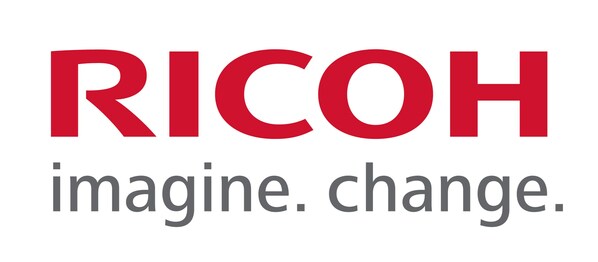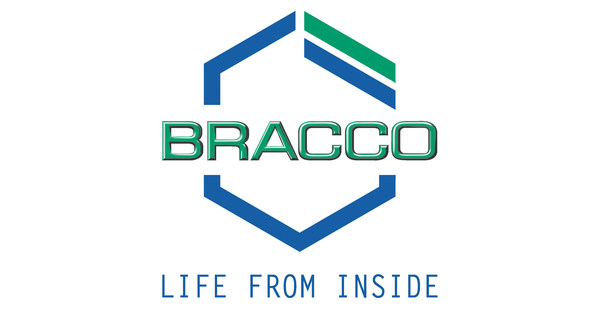 |
- Data from the pilot study in infantile spasms showed positive outcomes.
- The results will be presented by Cerecin's Chief Medical Officer, Dr. Marc Cantillon on Sunday 2nd September at 2pm (GMT+1).
- The Cerecin team will be accompanied by PharmaVentures, who will be supporting Cerecin's partnering discussions.
DENVER, Aug. 30, 2023 /PRNewswire/ -- Cerecin Inc., a clinical-stage biotechnology company at the forefront of developing innovative neurotherapeutics, today announced that new data on investigational CER-0001 (tricaprilin) in infantile spasms (also known as West syndrome) has been accepted for presentation at the 35th International Epilepsy Congress, held in Dublin, Ireland from September 2nd-6th 2023. The data will be presented by Cerecin's Chief Medical Officer, Dr. Marc Cantillon. The presentation title is, "Treatment of Drug-Resistant Infantile Spasms with CER-0001, A Ketogenic Agent: Preliminary Results". Following the presentation, the materials will be available to view in full at: https://www.cerecin.com/news-events.html
The trial was an open label pilot study conducted in Australia and Singapore to evaluate the safety and tolerability of CER-0001 for treatment of drug-resistant infantile spasms. Eight patients were enrolled and the dose of CER-0001 was titrated up from 7 to 14 days, followed by a maintenance period of 7 days. CER-0001 was well tolerated in the trial with the most common adverse events being gastrointestinal in nature. As observed on the video electroencephalogram, 50% of subjects enrolled had ≥50% improvement of seizure clusters and 25% of subjects had complete resolution of spasms. The study was registered on clinicaltrials.gov (NCT04727970). Subjects in Australia with a clinical benefit at the end of the maintenance period were allowed to continue in a 1-year open label extension.
CER-0001 is an investigational oral small-molecule that is believed to act as a precursor to ketone bodies to increase plasma ketone levels. Many studies have shown that the ketogenic diet may reduce or prevent seizures in children whose seizures could not be controlled by anti-seizure medications.
Infantile spasms usually affects children under the age of 36 months and can lead to permanent cognitive, neurologic and sensory problems. The disorder is commonly treated with hormonal medications (such as adrenocorticotropic hormone and prednisolone) and vigabatrin, an anticonvulsant. Both interventions have a burden of monitoring and a significant risk of serious adverse events, hence the need for new therapies that can improve the treatment experience for patients and caregivers.
Cerecin's infantile spasms program has received rare paediatric disease designation, orphan drug designation and clearance to study CER-0001 under an Investigational New Drug (IND) from the US FDA, as well as orphan drug designation from the EMA. Dr. Marc Cantillon commented, "We are pleased by our continued progress in developing CER-0001 in epilepsy. This data supports our further investigation of CER-0001 in the treatment of infantile spasms and potentially also in other paediatric seizure disorders where few or no options are available. Planning is already underway for our next study in infantile spasms and other developmental and epileptic encephalopathies".
At the International Epilepsy Congress, the Cerecin team will be accompanied by PharmaVentures, a transaction advisory firm, who will be supporting Cerecin's partnering discussions. The Cerecin team will be having meetings with potential partner companies.
Infantile spasms
Infantile spasms, also known as West Syndrome in other geographies, is a severe, ultra-rare form of epilepsy that affects infants under the age of 36 months. Incidence is estimated at approximately 2,000 new cases in the U.S. per year, which can be classified as an ultra-orphan disease. Infantile spasms patients experience rapid, characteristic muscular contraction or extensions lasting one to two seconds and occurring in clusters ranging from a few spasms to more than 100 spasms per cluster. These epileptic spasms occur along with hypsarrhythmia and developmental stagnation or regression.
About Cerecin
Cerecin is a clinical-stage biotechnology company focused on developing drugs that target the metabolic bases of central nervous system diseases. Cerecin is supported by two multinational partners, Nestlé S.A. (NSRGY) and Wilmar International Limited (SGX: F34), as well as a syndicate of leading institutional investors. By bringing together the deep expertise of its leadership team, Cerecin is becoming a global leader in bioenergetics and neurometabolism.
About CER-0001 (tricaprilin)
CER-0001 (tricaprilin) is an investigational drug being developed by Cerecin for various neurological indications, including Alzheimer's disease, migraine, and rare epilepsies. CER-0001 is a ketogenic compound and is intended to leverage the numerous activities and benefits of ketone bodies. The safety and efficacy of CER-0001 have not been established.
Forward looking statements:
This press release contains "forward-looking statements" under applicable securities laws that are based on the current expectations and beliefs of Cerecin. Such statements may be accompanied by words such as "aim," "anticipate," "believe," "could," "estimate," "expect," "forecast," "intend," "may," "plan," "potential," "possible," "will" and other words and terms of similar meaning. All statements, except for statements of historical fact, are statements that could be deemed forward- looking statements, including but not limited to: (i) sources and availability of third party financing and investments and the projected financial performance of the Company; (ii) the expected development of the Company's business, projects, drug development programs and joint ventures; (iii) execution of the Company's vision and growth strategy, including with respect to future growth; and (iv) new developments with respect to the Company's projects that are currently underway, in development or otherwise under consideration. Drug development and commercialization involve a high degree of risk, and only a small number of research and development programs result in commercialization of a product. Results in early-stage clinical trials may not be indicative of full results or results from later stage or larger scale clinical trials and do not ensure regulatory approval. Forward-looking statements are not guaranties of future performance and undue reliance should not be placed on them. Such forward-looking statements necessarily involve known and unknown risks and uncertainties, which may cause actual performance and financial results in future periods to differ materially from projections of future performance or any result that may be expressed or implied by such forward-looking statements. Although forward-looking statements contained in this press release are based upon what management of Cerecin believes are reasonable assumptions, there can be no assurance or guarantee that forward-looking statements will prove to be accurate, as actual results and future events could differ materially from those anticipated in such statements. Cerecin undertakes no obligation to update forward-looking statements if circumstances or management's estimates or opinions should change except as required by applicable securities laws. The reader is cautioned not to place undue reliance on forward-looking statements.
For more information visit www.cerecin.com.
For further information, please contact: pr@cerecin.com
© 2023 Cerecin AC-23-972











